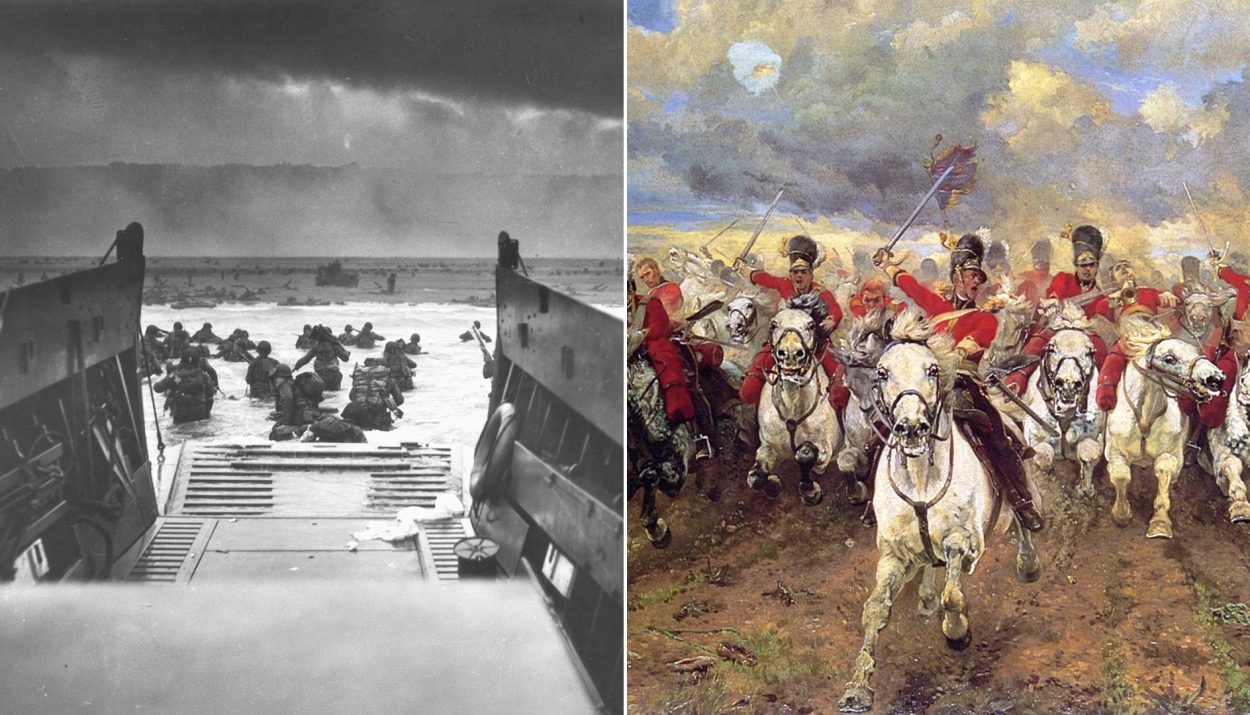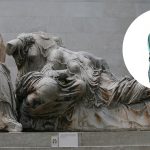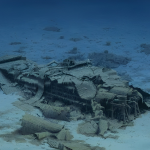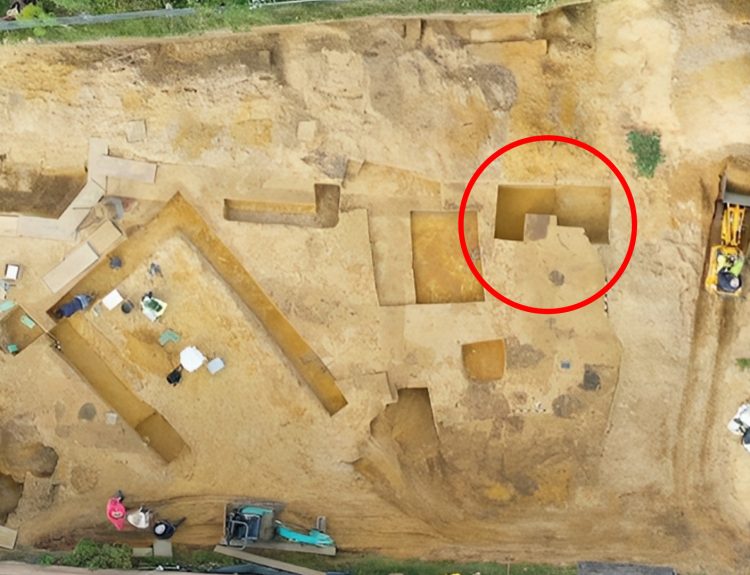It’s no secret the course of history can be forever altered by a singular last minute decision, whether made with intent or not. Often these decisions come after long periods of contemplation.
Regardless of how, whether they are well thought out or impromptu they can have profound effects on the outcomes. Come along as we explore some of the most consequential last-minute decisions in history and their profound effects on the world!
Avoiding the Tragedy of the Titanic
Amongst the other 2,240 passengers aboard the Titanic, the opulent passenger liner that gained notoriety for sinking on its inaugural journey in 1912, was Second Officer David Blair. Shortly prior to the Titanic’s departure from Southampton, England, the White Star Line made the decision to exchange Blair with another officer, Officer Henry Tingle Wilde.
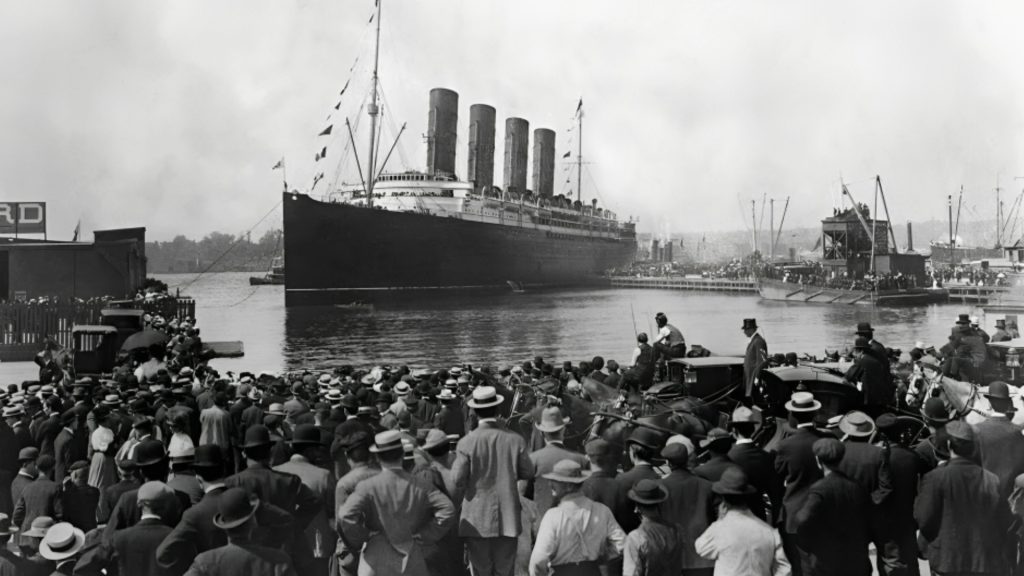
Unfortunately Blair would forget to give Wilde a key to a locker that contained the ship’s binoculars. A mistake that would lead to the lookouts inability to accurately spot icebergs. A decision that would ultimately seal the Titanic’s fate, and inevitably cause it to sink.
A Famous Quote Almost Left Unsaid
On August 28, 1963 at the Lincoln Memorial in Washington D.CMartin Luther King Jr. would deliver his famous speech where he would proclaim “I have a dream”. The speech was given during a march on Washington for jobs and freedom.
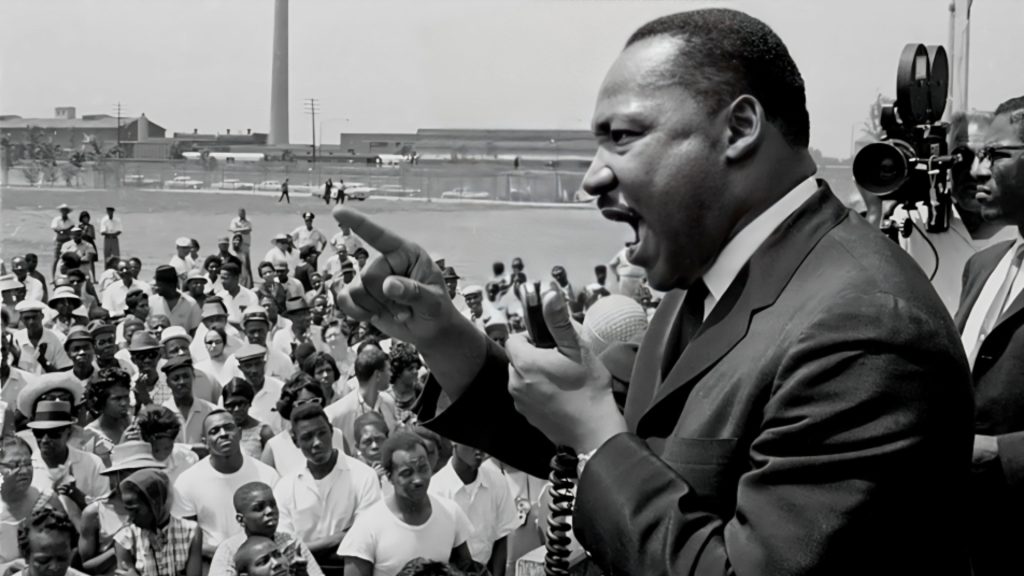
When King started to wrap up his speech, a civil rights activist and gospel singer by the name of Mahalia Jackson who was standing by the podium would yell out “Tell’em about the dream!”
The Choice to Hit Nagasaki with Atomic Bombs Instead of Kokura
Kokura was among the potential targets listed by the United States for atomic bomb attacks during World War II. In spite of that, politicians were unclear about their decisions to use nuclear weapons until moments before the bombings.
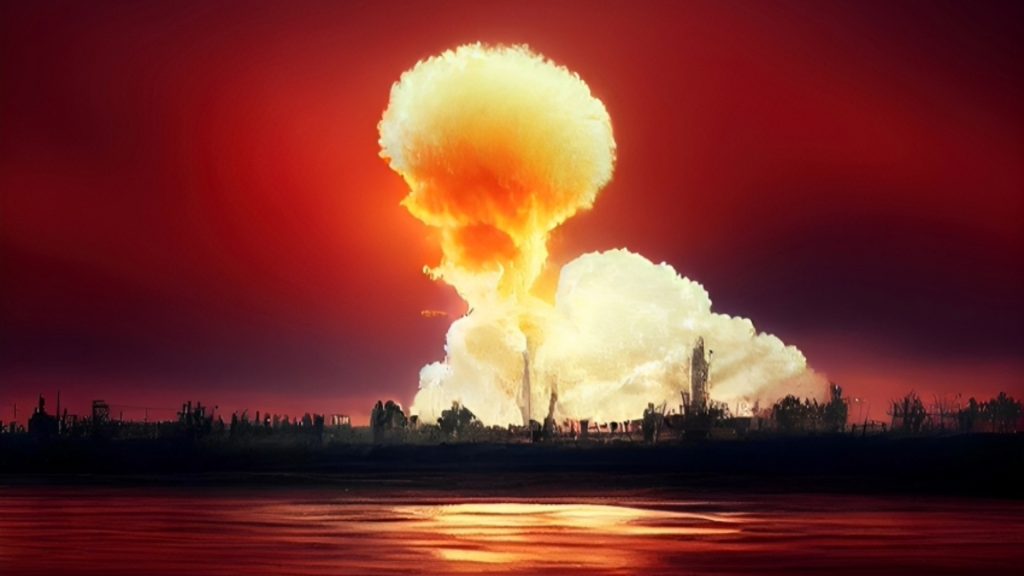
During the course of the mission, crew member Kermit Beahan was tasked with making the final decision for the target, but the cloudy weather that day hindered the visibility over Kokura. Consequently, Beahan opted to cancel the attack on Kokura, which led to the decision to bomb Nagasaki instead.
Lincoln Visit’s the Theater
The date is April 14, 1865, and former President Abraham Lincoln has made a split decision to attend a play at Ford’s theater in Washington D.C., in spite of being warned about the possible dangers he could encounter.
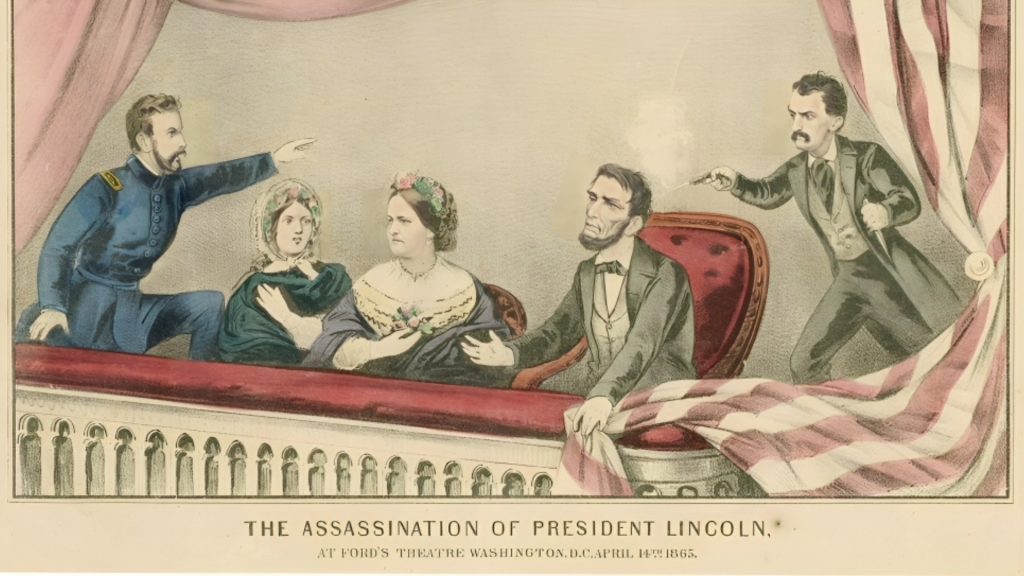
While the unassuming Lincoln watched, John Wilkes Booth, a confederate sympathizer and actor, steadily crept into Lincoln’s theater booth and shot him in the back of the head. It was Lincoln’s spur of the moment decision that would seal his fate.
One Small Mishap Brought the Berlin Wall Down
Schabowski, a member of the German Politburo, would hold a press conference on November 9, 1989 to go over new travel regulations. These new regulations would allow for Germans from the East to travel to the West. Unfortunately, Schabowski did not brief himself on the new regulations, and didn’t realize the new regulations wouldn’t go into effect until the following day.

As the press conference commenced a reporter would question him about the timeline of when these new regulations would go into effect, Schabowski unable to answer started to fumble about his notes, eventually finding a statement that said the new regulations would be implemented “immediately” before reading this allowed. This led to confusion amongst the press and public, and well, the rest is history!
The Day the Melody Faded
It’s a frigid winter day in 1959, February 3rd to be exact, when a young Buddy Holly was touring by bus and realized that the heater wasn’t working correctly. As he and his band mates made their way through Iowa Holly decided he wanted to have his clothes washed before the next show.
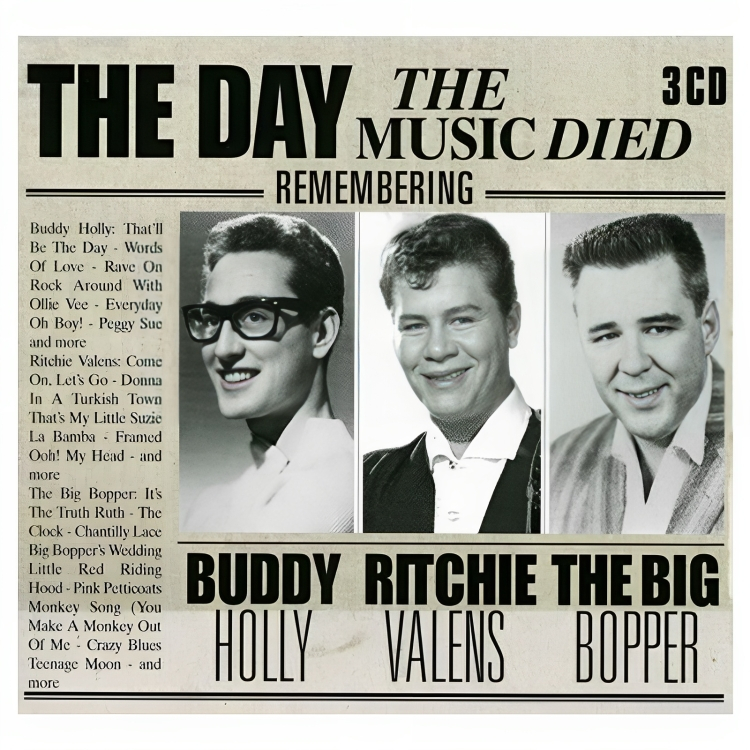
Ultimately Buddy would make the decision to charter a small plane to fly himself and his bandmates from Iowa to Moorhead, Minnesota. The plane was captained by an inexperienced pilot by the name Roger Peterson. Sadly the plane would crash just minutes after takeoff, Buddy Holly and all on board would perish in the crash.
“I Don’t Know Whether You Fully Understand That I Have Just Been Shot“
While getting ready to leave for a speech on October 14, 1912, former President Theodore Roosevelt would be shot at close range by a potential assassin. The bullet would pierce through his steel eye-glass case and 50 pages of a speech he folded in his pocket, before embedding itself into his chest.
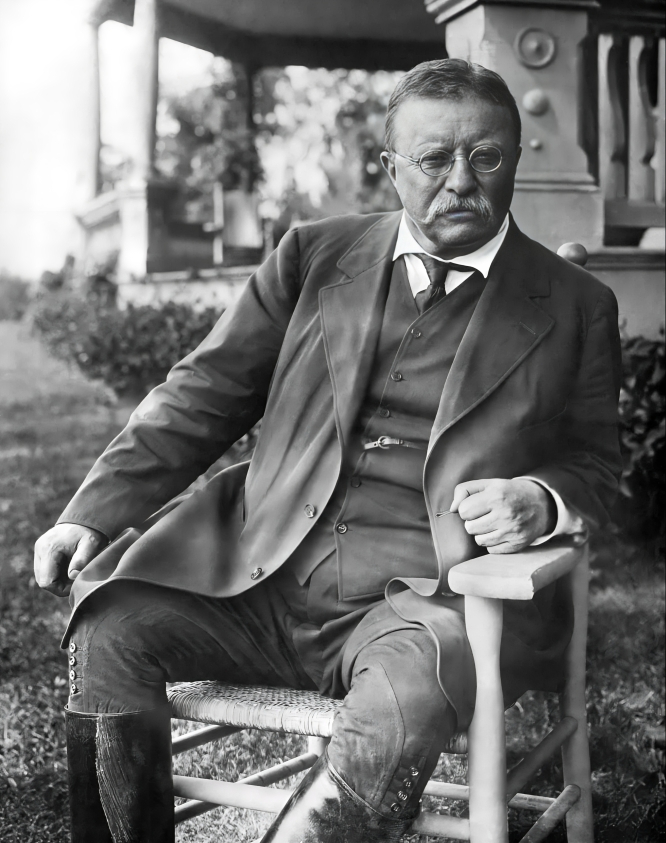
Regardless of being shot and wounded Roosevelt refused to not give his intended speech. For 90 minutes he would deliver that speech with a bullet in his chest the entire duration. Doctors would later cite the 50 page speech for Roosevelt’s survival of the incident. Stating that the 50 pages substantially slowed the bullet before it reached his chest.
Who Would Have Known That One Wrong Turn Would Ignite Such Conflict?
Many say the spark that ignited world war I was the assassination of Archduke Franz Ferdinand of Austria-Hungary in Sarajevo 1914. The truth is, a wrong turn made by his driver would bring the Archduke eye to eye with his assassin Gavrilo Princip.
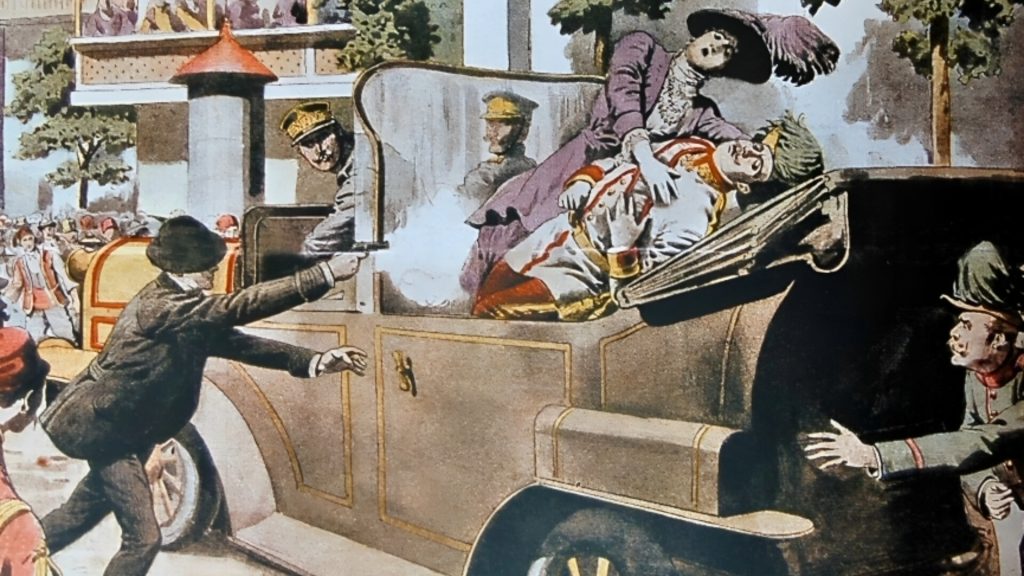
This event would lead to Austria-Hungary declaring war on Serbia, creating a domino effect of alliances and declarations of war and eventually leading to World War I. To think, if the turn had not been made perhaps the assassination attempt would have been avoided, and the war would have never come to fruition.
Potential For a Different Outcome on D-Day?
A German general by the name of Erwin Rommel who was in charge of German forces that defended the coastline of Normandy, France against the impending allied invasion. On June 6,1944 (the day they were invaded) he would be on leave celebrating his wife’s birthday.
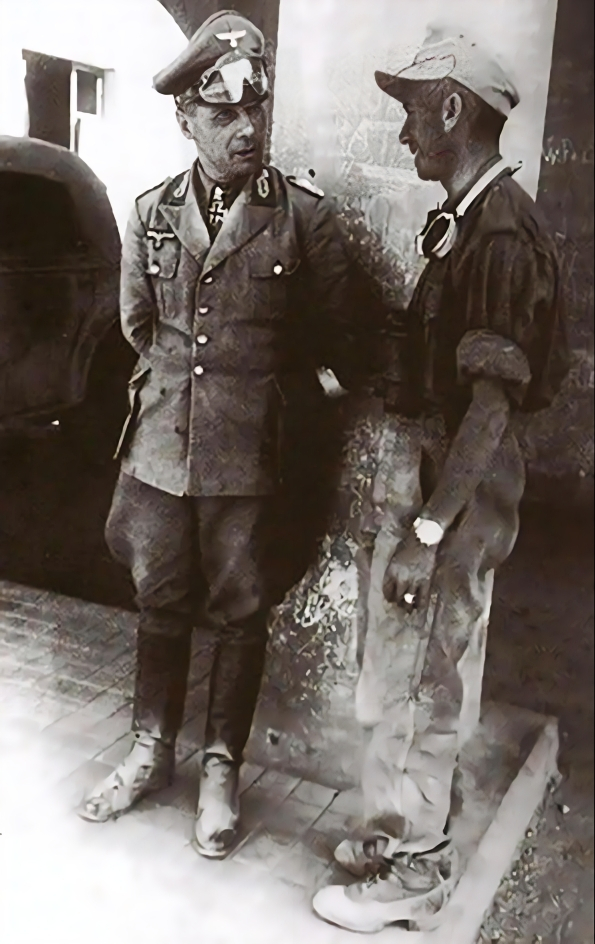
His absence on D-day during the battle has led many to speculate whether his presence could have potentially changed the outcome had he been present. Some believe that his notable tactile expertise and leadership could have profoundly impacted the finality of the battle.
Avoiding Nuclear Warfare
On September 26, 1983, Stanislav Petrov a lieutenant colonel in the Soviet Air Defense Forces was stationed at a nuclear early warning center close to Moscow. When suddenly he received notification that the United States had launched five ballistic missiles towards the Soviet Union.
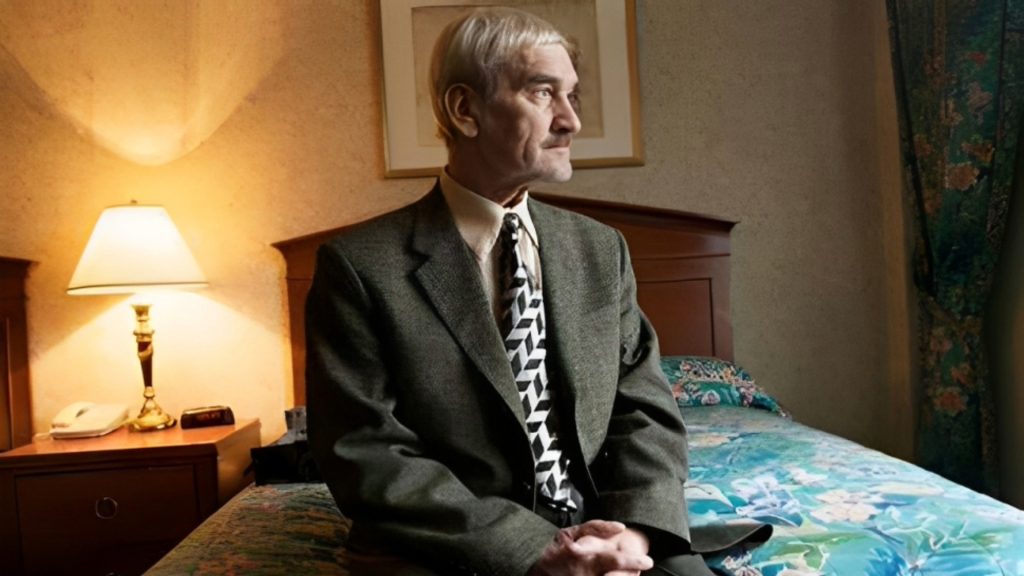
Protocol would require Petrov to respond with an immediate retaliatory air strike, however he would ultimately decide that it was a false alarm and would not report the incident. Later it would be determined that the warning was the result of a technical glitch in the system. Stainslav Petrov would most notably be remembered as the person who prevented nuclear war between the United States and the Soviet Union.
Perry Averted a Full-Scale Brawl
William Perry, the Defense Secretary for the United States during the 1990s, would play a crucial role in the relationship between the US and North Korea. At a time when the two countries were at odds due to North Korea’s nuclear program, threatening to withdraw from the Nuclear Non-Proliferation Treaty, and refusing to give permission to international inspectors to evaluate their nuclear facilities.
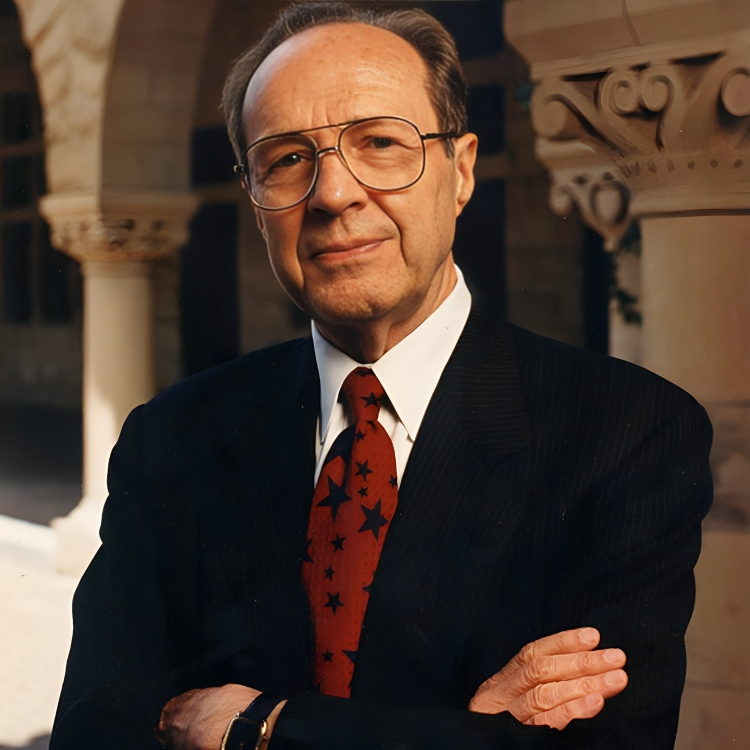
Perry would visit North Korea in 1999, being the highest ranking official to go to North Korea since the Korean war. During his visit he met with North Korean officials in an effort to propose a deal that would later be known as the Agreed Framework, a deal that would freeze their nuclear program with the agreement to aid them in building two nuclear reactors.
Poker and the Revolution
The tale of Johann Rall and his conquest in the American Revolution is often credited to a poker game. Johann was a Hessian colonel who was hired by the British to help aid in the fight in the Revolutionary War.

On December 25, 1776 while Rall played cards with fellow officers, George Washington was leading a surprise attack on the Hessian Troops in Trenton, New Jersey. By the time Rall realized how severe the situation was it was too late to mount a defense. The triumph at Trenton marked a pivotal moment in the Revolutionary War.
The Tragic Carriage Ride of Marie Antoinette
Amidst France’s profound economic crisis and widespread poverty in 1789, Queen Marie Antoinette would make a request, leading to her inevitable downfall. She would request to have a different carriage for her trip to the Palace at Versailles. She wanted a more luxurious coach, going against her advisors who urged her to use a simplistic carriage in efforts to not upset the French people.

Despite their urgency to listen, the queen refused, insisting that her status called for such luxuries. The opulence of the carriage was seen as the queen’s blatant disregard for the hardships of her subjects, intensifying the revolutionary sentiments already brewing in France.
Rome Could Have been Led by Hannibal Barca
The famous Carthaginian military commander Hannibal Barca would succeed at winning many battles against the Romans during the Second Punic War, however would not prevail in taking over Rome itself.
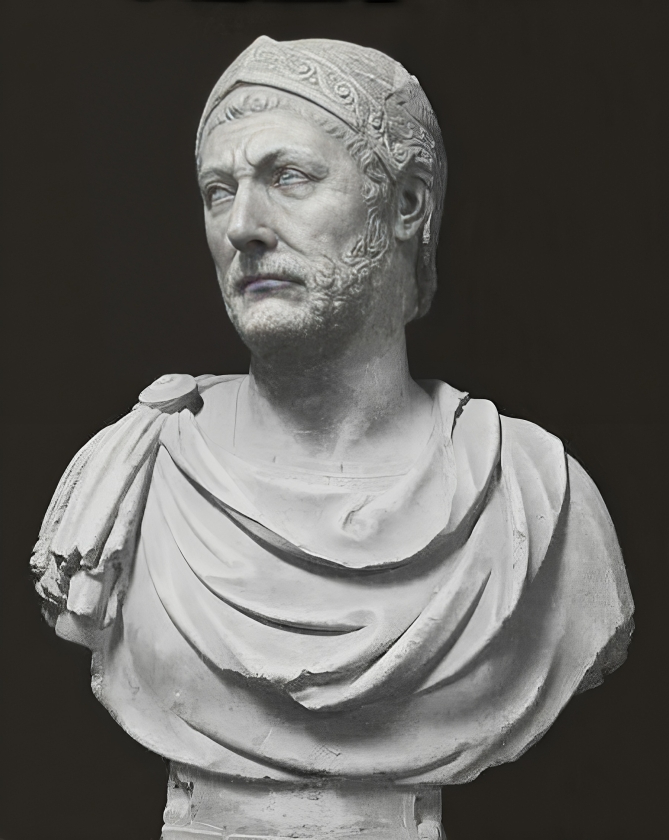
As Hannibal and his army crossed the Alps, he decided he wanted to test the ground to make sure it was safe for the troops and their elephants. When he took his cane and hit the snowdrift to check it out he provoked an avalanche, leading to the demise of half his army.
How Lost Plans for Attack Forever Changed the Course of the American Civil War
Major D.H. Hill lost significant plans for General Robert E. Lee’s Confederate Army. The plans gave specs on the movements of Union General George McClellan’s troops, which could have potentially given the Confederate Army a significant advantage in an upcoming battle at Antietam.
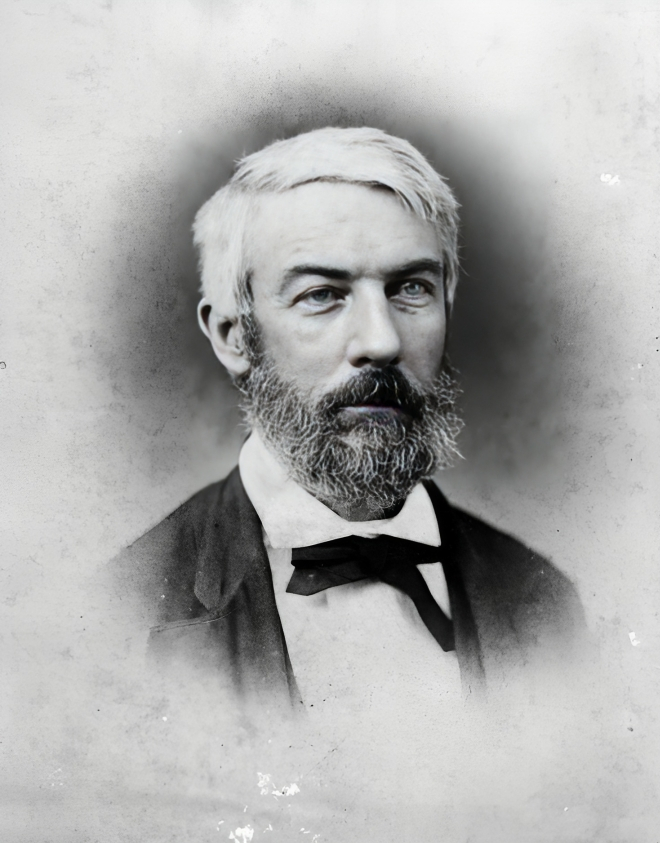
It was reported that Hill accidentally left the envelope with the plans on the ground after pulling them out to go over them. Subsequently, a Union soldier would find the plans giving them to McClellan who would then use them to his own advantage during the battle.
When an Airstrike Doesn’t Go as Planned
In April of 1961, with intentions to overthrow Fidel Castro and having the support of the CIA, Cuban exiles would launch a failed attack on Cuba.Operation, Bay of Pigs Invasion, counted heavily on the support of an airstrike to provide cover against invading forces.
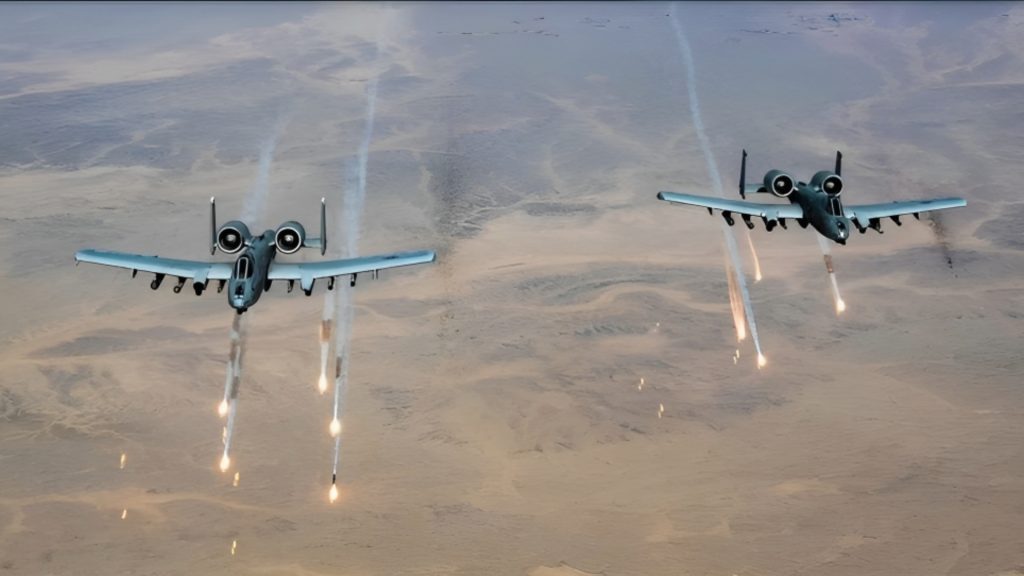
Unfortunately, due to a hiccup in communications between the United States Military and the CIA, the air support needed would arrive an hour later than the scheduled time. The delay gave the Cuban Military time to prepare, giving them the opportunity to ward off the invasion. This resulted in the United States being extremely embarrassed.
The Accidental Discovery Of Penicillin
In 1928 Fleming would accidentally discover a mold called Penicillium Notatum while working at St. Mary’s Hospital in London. This mold had polluted one of Fleming’s petri dishes that he left out while he was gone on vacation.

After examination he came to understand the mold created a substance that had antimicrobial properties, these properties were capable of treating bacterial infections. This breakthrough in medicine led to the development of penicillin, a medicine that has saved an immeasurable amount of lives.
Last Minute Stroke of Luck for Castro
In 1959 a 19 year old young woman by the name of Marita Lorenz would meet Fidel Castro. During a trip to Cuba to visit her father Marita would find herself tangled in a romantic relationship with Castro, who was leading the Cuban Revolution.

Lorenz claimed that she was a hired CIA assassin, tasked with taking down Castro. She failed to complete her job because claiming she was in love with Castro. Fidel’s and Lorenz’s relationship was very rocky, she would eventually leave Cuba and return to the United States.
Preserving History from its Greatest Malevolence
While serving for the British military in 1918 during World War I, a soldier by the name of Henry Tandey made the choice to aid in saving the life of a young German soldier who was injured during the battle of Marcoing.
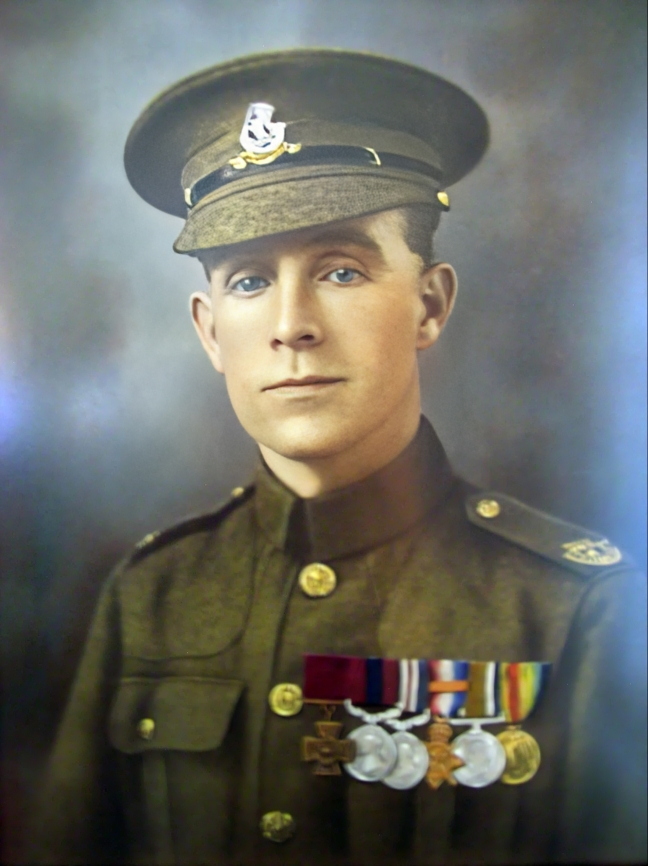
That soldier would be the one and only Adolf Hitler! He would eventually step into power as the leader of Nazi Germany, establishing himself as one of the world’s most infamous figures in history.
Putting an End to WWIII
In the 1990’s the confrontation between Russian forces and NATO peacekeeping forces was at an all time high. The tension was mounting and was posing a serious risk for a more severe conflict that would inevitably have devastating consequences, potentially even the beginning of WWIII.
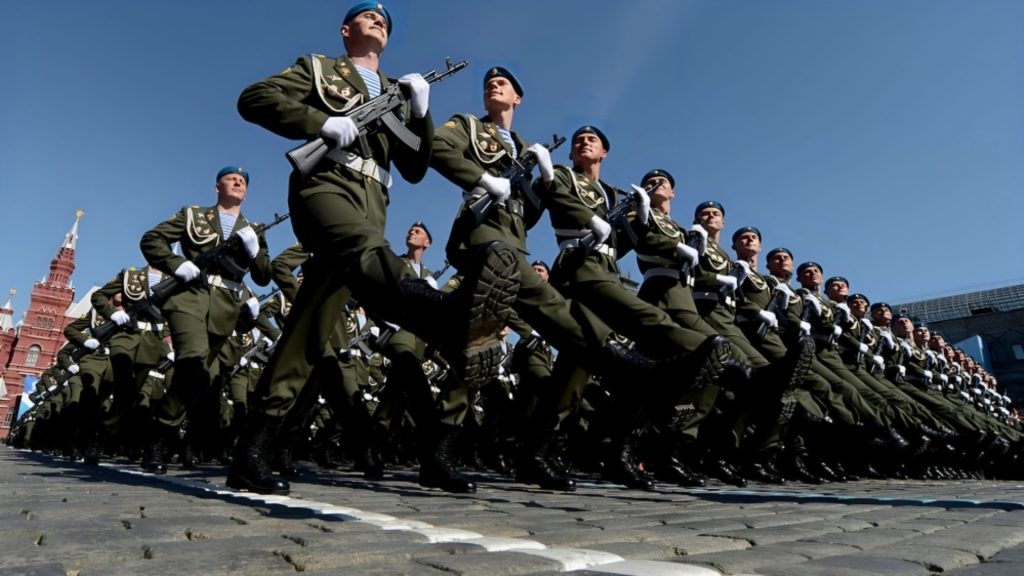
A British Commander of Nato forces by the name of General Sir Mike Jackson received orders to seize control of the airport by Russian forces. He refused, directly disobeying orders, telling his superiors that he was unwilling to risk the start of third world war.

